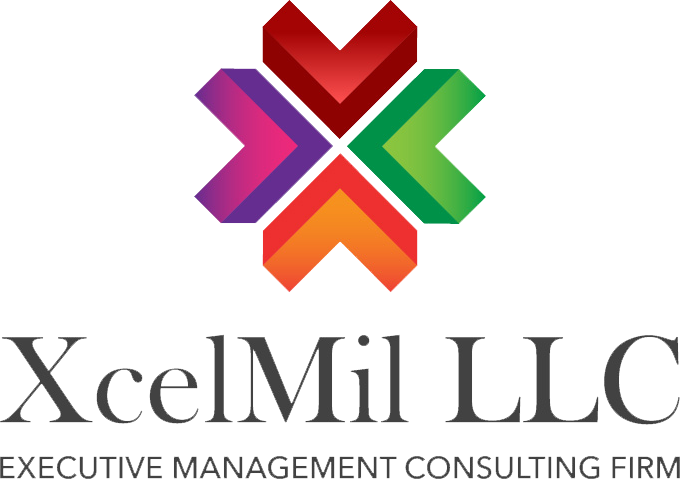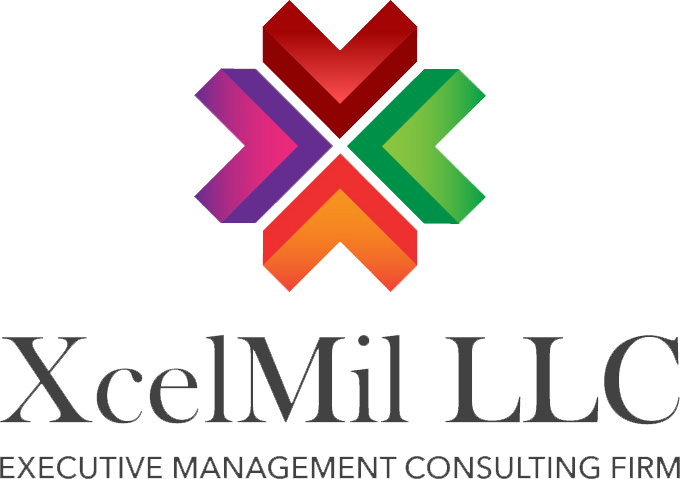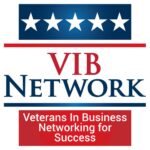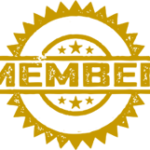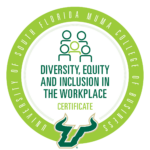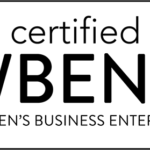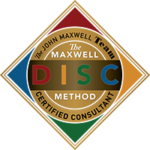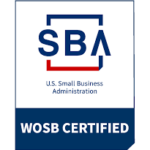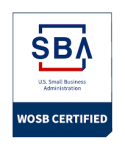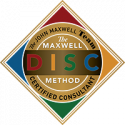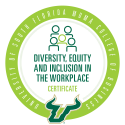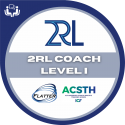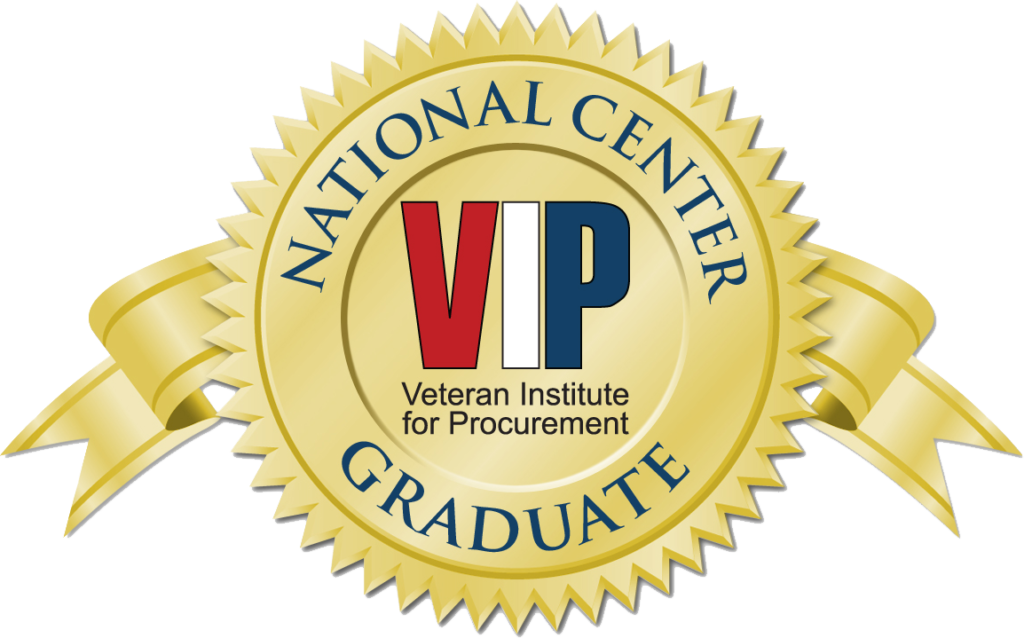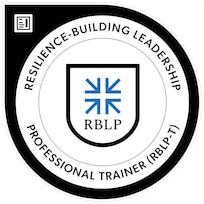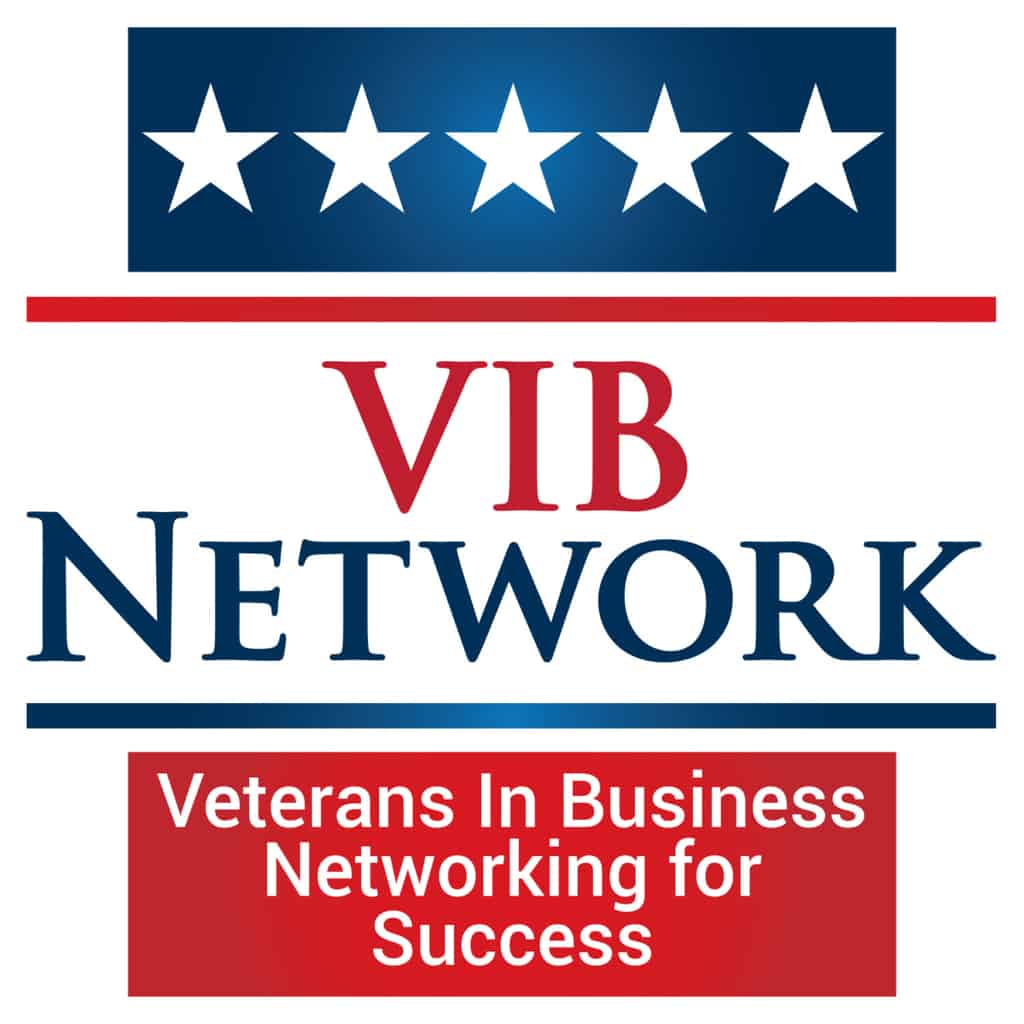The 21st century has brought an unprecedented level of complexity and challenge to modern leaders. In a world of rapidly shifting economic, political, and social landscapes, the expectations being placed on leaders to effectively navigate these obstacles are greater than ever before. In order to meet the demands of the 21st century, it is essential leaders understand the unique leadership challenges they face. This article will explore the most pressing challenges of modern leadership and discuss how leaders can develop the skills necessary to successfully address them. We will examine issues such as global competition, technological disruption, and the rise of the gig economy, and discuss strategies for managing them. We will also look at how to build resilience and foster an effective team culture in the face of turbulent change. Finally, we will discuss how to develop the leadership skills of emerging leaders and equip them with the tools to succeed. With insight from experts and industry leaders, this article will provide valuable guidance to those seeking to develop their leadership skills in the 21st century.

Understanding 21st Century Challenges
The 21st century has brought with it a multitude of challenges and opportunities that require modern leaders to possess a unique set of skills. In order to remain competitive and effective in the face of increasing complexity and uncertainty, leaders must be adaptive and agile in responding to changing situations. One of the most significant challenges posed to 21st century leaders is the need to effectively manage and lead an increasingly diverse and global workforce. Leaders must ensure that their teams are adequately equipped to handle the challenges of today’s rapidly changing business environment and their approaches to solving problems are effective and efficient.
In addition to managing a diverse team, 21st century leaders must also be adept at utilizing new and emerging technologies. The rise of digital technologies has opened up a range of opportunities for businesses, but it also poses challenges for traditional leadership practices. Leaders must be able to effectively utilize digital technologies to stay ahead of their competition and create new pathways of growth. Developing a clear and comprehensive understanding of the digital landscape is essential for modern leaders to be successful.
The 21st century has opened up many challenges and opportunities for modern leaders. By understanding the unique challenges posed by a global and diverse workforce, leveraging digital technologies, and developing a comprehensive approach to problem-solving, leaders can ensure that their organizations remain competitive and successful in an ever-evolving business landscape.
Adapting to a Fluid Environment
Adapting to a fluid environment is one of the primary leadership challenges of the 21st century. In an ever-changing world, leaders must be able to recognize and respond to unexpected developments quickly and effectively. This requires a deep understanding of the variables at play and an ability to anticipate how they may come together. Leaders must also be able to develop innovative solutions in order to grapple with the complexities of a dynamic environment.
To be successful in a fluid environment, leaders must have strong problem-solving skills, along with the ability to lead and motivate a diverse team. They must be able to recognize potential opportunities and be agile enough to capitalize on them when they arise. In addition, leaders must be able to make decisions quickly and confidently, even in the face of uncertainty. Finally, leaders must be adept at managing change. This involves having the ability to understand the implications of change, and to communicate and execute a successful transition plan.
Adapting to a fluid environment requires a unique and specialized set of skills. Leaders who are able to successfully navigate and effectively lead in a dynamic environment will be well-positioned to meet the challenges of the 21st century.
Leveraging Technology and Innovation
One of the most pressing challenges of modern leadership is the need to integrate and leverage technology and innovation. In this age of digital transformation, leaders must be able to effectively utilize technology and innovative practices to stay competitive. Leaders must understand the potential of emerging technologies and the impact they can have on their organizations. This requires both an understanding of the technology itself and an ability to recognize and develop innovative ideas that can be implemented in the organization.
Leaders must also be able to create a culture that encourages and supports innovation and technological advances. They need to ensure that the necessary resources and support are available to employees to enable them to explore and develop new ideas and products.
Leaders should also encourage open communication across the organization and encourage feedback from all stakeholders so that they can take advantage of new opportunities and insights.
In the 21st century, leveraging technology and innovation is essential for leaders to successfully lead their organizations. By understanding the unique challenges of modern leadership and developing the skills necessary to successfully address them, leaders can ensure the long-term success of their organizations.

Building and Managing an Effective Team
Building and managing an effective team is one of the most pressing challenges of modern leadership. With greater global competition, economic instability, and increasingly diverse workforces, it is essential leaders are able to effectively lead teams and achieve desired results. Successful team-building requires leaders to possess strong communication and interpersonal skills, and that the team is properly motivated and supported. In addition, it is essential leaders are able to recognize and understand their team members’ individual strengths and weaknesses so they can leverage them to create a cohesive team.
Once a team is established, it is equally as important leaders are able to effectively manage it. This includes addressing any potential conflicts, setting clear goals, and providing regular feedback on progress. Additionally, leaders must ensure the team is motivated and inspired to deliver quality results. This can be achieved by providing the appropriate resources and empowering team members to take ownership of their work. Ultimately, an effective team is only as strong as its leader, and the ability to successfully build and manage a team is paramount to a leader’s success in the 21st century.
Managing Change and Conflict
Managing change and conflict is one of the most important challenges facing leaders in the 21st century. In a world of rapid transformation and disruption, leaders must not only stay on top of the latest trends and developments, but also be able to respond quickly and effectively to unexpected or unforeseen events. This means leaders need to be agile, resilient, and capable of effectively managing ambiguity and complexity. In order to effectively manage change and conflict, leaders must have the ability to think strategically and build successful teams. They must also be able to develop and implement effective change management plans and create a culture that values collaboration and respect.
Conflict is a natural part of any organization, and the ability to effectively navigate and resolve conflict is essential for any successful leader. Leaders must be able to identify the source of conflict and determine the most effective way to address it. This may involve finding ways to minimize the impact of the conflict on the organization, as well as building a culture of cooperation and trust between team members. Leaders must also be prepared to take decisive action when conflict has become a major issue, as this can have a significant impact on the organization’s overall performance.
Ultimately, managing change and conflict is critical for any leader in the 21st century. Leaders must be able to effectively identify, address, and resolve any issues that arise, and must be prepared to make difficult decisions in order to ensure the organization’s success. By developing the skills necessary to effectively manage change and conflict, leaders can ensure that their organization is able to stay ahead of the curve and remain competitive in a rapidly-shifting landscape.
Developing a Strategic Vision for the Future
Developing a strategic vision for the future is one of the most important challenges facing modern leaders. A successful vision will provide a clear path for the organization to follow and equip leaders with the tools required to navigate the complexities of the 21st century. According to the principles of modern leadership, the development of an effective strategic vision is built on a foundation of increased knowledge and insight. Leaders must carefully consider the economic, political, and social factors that are likely to affect the organization’s
future, and develop a vision that will allow the organization to remain competitive and resilient in the face of changing circumstances.
To ensure the success of their vision, modern leaders must also be able to effectively communicate it to the organization. They must be able to clearly explain the goals and objectives of the vision, as well as its relevance and importance to the organization. This requires strong communication skills, as well as an ability to create a shared sense of purpose among the organization’s members. Leaders must also be able to motivate and inspire their teams to take action and achieve the goals of the vision. Finally, modern leaders must also have the courage to take risks and make difficult decisions in order to ensure the success of the strategic vision.
By developing the skills and insight necessary to create an effective strategic vision, modern leaders can ensure that their organizations will have the tools and resources necessary to thrive in the 21st century. With a clear understanding of the challenges ahead and a commitment to facing them head-on, modern leaders can ensure their organizations remain competitive and successful.
Does your organization have a fully developed Employee Engagement strategy or plan?
Book a consultation with us now! Please do not hesitate to contact us with any questions. We would love to hear from you. Email at [email protected].
Click here https://xcelmil.com/xcelmil-coaching-and-consulting-services/ to learn more about our services.
Twitter: https://twitter.com/GraticMelody
LinkedIn: https://www.linkedin.com/in/melodygraticconsulting/
XcelMil, LLC is a certified Minority-Woman and Service-Disabled Veteran-Owned Small Business specializing in Executive Management Consulting and Leadership Development Training.
